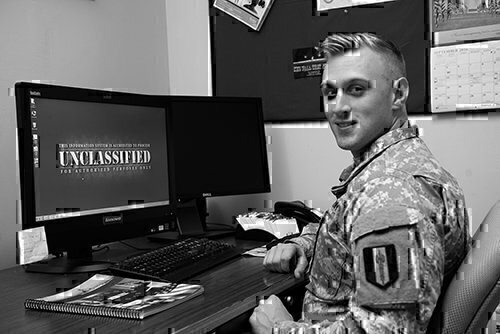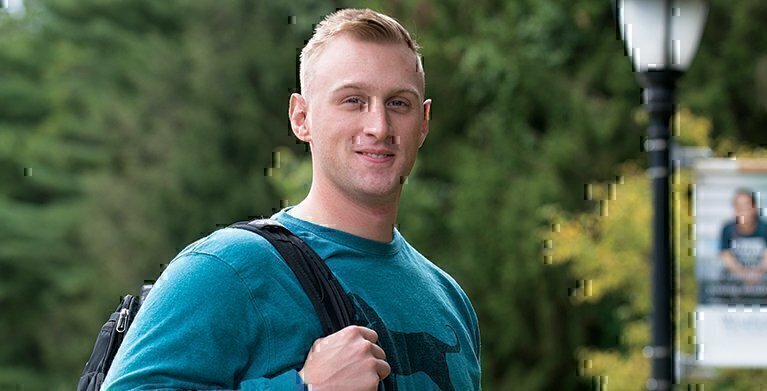[fullwidth background_color=”” background_image=”” background_parallax=”none” enable_mobile=”no” parallax_speed=”0.3″ background_repeat=”no-repeat” background_position=”left top” video_url=”” video_aspect_ratio=”16:9″ video_webm=”” video_mp4=”” video_ogv=”” video_preview_image=”” overlay_color=”” overlay_opacity=”0.5″ video_mute=”yes” video_loop=”yes” fade=”no” border_size=”0px” border_color=”” border_style=”” padding_top=”20″ padding_bottom=”20″ padding_left=”” padding_right=”” hundred_percent=”no” equal_height_columns=”no” hide_on_mobile=”no” menu_anchor=”” class=”” id=””][one_third last=”no” spacing=”yes” center_content=”no” hide_on_mobile=”no” background_color=”” background_image=”” background_repeat=”no-repeat” background_position=”left top” hover_type=”none” link=”” border_position=”all” border_size=”0px” border_color=”” border_style=”” padding=”” margin_top=”” margin_bottom=”” animation_type=”” animation_direction=”” animation_speed=”0.1″ animation_offset=”” class=”” id=””][imageframe lightbox=”no” lightbox_image=”” style_type=”none” hover_type=”none” bordercolor=”” bordersize=”0px” borderradius=”0″ stylecolor=”” align=”none” link=”” linktarget=”_self” animation_type=”0″ animation_direction=”down” animation_speed=”0.1″ animation_offset=”” hide_on_mobile=”no” class=”” id=””] 
Age: 21
Military Service: Army Reserve (2013-Present)
Highest Rank: Corporal (E-4)
MOS: Military Police (31B)
[/fusion_text][/one_third][one_third last=”yes” spacing=”yes” center_content=”no” hide_on_mobile=”no” background_color=”” background_image=”” background_repeat=”no-repeat” background_position=”left top” hover_type=”none” link=”” border_position=”all” border_size=”0px” border_color=”” border_style=”” padding=”” margin_top=”” margin_bottom=”” animation_type=”” animation_direction=”” animation_speed=”0.1″ animation_offset=”” class=”” id=””][separator style_type=”none” top_margin=”20px” bottom_margin=”” sep_color=”” border_size=”” icon=”” icon_circle=”” icon_circle_color=”” width=”” alignment=”center” class=”” id=””][fusion_text]
Degree Earning:
B.S. in criminal justice
Westfield State University
Westfield, Mass.
Expected graduation or completion: 2018
[/fusion_text][/one_third][/fullwidth][fullwidth background_color=”” background_image=”” background_parallax=”none” enable_mobile=”no” parallax_speed=”0.3″ background_repeat=”no-repeat” background_position=”left top” video_url=”” video_aspect_ratio=”16:9″ video_webm=”” video_mp4=”” video_ogv=”” video_preview_image=”” overlay_color=”” overlay_opacity=”0.5″ video_mute=”yes” video_loop=”yes” fade=”no” border_size=”0px” border_color=”” border_style=”” padding_top=”20″ padding_bottom=”20″ padding_left=”” padding_right=”” hundred_percent=”no” equal_height_columns=”no” hide_on_mobile=”no” menu_anchor=”” class=”” id=””][fusion_text]Not every high school graduate knows exactly what they want to do. Not the case for Andrew Logan.
“I have known from a very young age that I wanted to be a police officer,” Logan says. “So my decision to join the military, my decision to be a military police officer and my decision to earn my bachelor’s degree in criminal justice were all in pursuit of that final goal.”
Logan, 21, has it all mapped out. He applied to Westfield State University, a school founded in 1839 near Springfield, Mass., and enlisted in the Army Reserve to train as an MP.
“I was lucky enough to gain acceptance to Westfield State prior to my ship date to basic combat training, then all I had to do was defer my acceptance to the spring semester of the same academic year,” he says.
Logan has some great advice for student veterans – especially Reserve and Guard students.
Why did you choose Westfield State?
Logan: I chose this specific state school because the criminal justice education I would be receiving, for the cost that I would incur, is unparalleled. I was torn between two very recognized criminal justice programs; one being a private school that was incredibly expensive, and one being Westfield State.
What are the challenges in completing a degree while serving in the Reserve?
Logan: Without a second thought, the hardest thing is time management. For example, if you have an exam Thursday afternoon, but you have a four-day drill in the field that you cannot miss, something needs to get moved around – whether the professor cuts you a break and gives you an extension or lets you take the exam the Wednesday before. However, in either of those scenarios it is on you as the student to be ready for that exam with whatever leniency you get. Meaning, you have to be test-ready before the rest of the class, or be able to retain the information through the field weekend since there will not be time to study.
What lessons have you learned?
Logan: Professors are not obligated to work with you beyond a certain extent. Therefore, you should try your absolute best to constantly be on good terms with them, which can include talking to them offline and outside of class about what is required of you in regards to the military, and providing them with a current MUTA Drill Schedule so they know in advance that any absences may be excused if they fall within a drill obligation. However, the best way to be in a teacher’s good graces is to participate in class and remain on top of the coursework.
Are you using the GI Bill?
Logan: Yes, I am using the Montgomery GI Bill-Selected Reserve (Chapter 1606).
Does it cover everything?
Logan: No, it does not. But I would not be able to cover them all without it.
How are you covering the difference?
Logan: I am using the money I earn through the Veterans Services work-study program, drill pay and money that I earned throughout the summer.
Has your military experience made you a better student?
Logan: I am convinced that it has. I can sit down and get through work with far fewer complications due to the fact that one of the major things I have taken out of my military service is the knowledge that there is a benefit to delayed gratification. The ability to struggle now so life in the future is easier is something that every service member is familiar with. I never feel as overwhelmed with classwork or finals when I realize that sitting behind a computer and writing a paper is not nearly as bad as going on week three in the field with another week on the way. Also, there is a sense of pride when the professor asks a question that you know the answer to, or asks for the assignment that you have and someone else does not.
Did you have any difficulty adjusting to campus culture?
Logan: In some ways, yes. I moved into a freshman dorm not knowing anyone, or how the school works. All I knew was where the dining hall and the library were. I was 18, turning 19, like the rest of the people who surrounded me, but I felt more mature, and I felt like what they liked to do was not in line with what I liked to do.
I would like to say that I was not coming off of a deployment, or significant service, so what I went through was minor in comparison. It took an adjustment period, but it was over eventually.
What advice would you give to other students to help them adjust to campus culture?
Logan: You should constantly remind yourself that you are in a civilian world now, and beyond that, a college. A college environment is one where students are coaxed into growing up and handling things on their own, away from their parents; they have four years to get there, while we have five months of shock treatment. All you can do is be patient, and understand that they have not been through what you have.
If you could redo your transition to school, what would you do differently?
Logan: I graduated from One Station Unit Training in about five months, which brought me home in November; then to school the following spring semester in January. If I could change one thing about my transition to the academic world it’s that I should have waited longer. I would have waited at the job I was at, made some more money, and then moved in the next September as a true freshman.
Are there any blunders you would urge service members transitioning to a post-military education to avoid?
Logan: DO NOT think that you know everything about your benefits. There is more fine print and scholarships exclusive to veterans than I could have ever imagined. Keep in constant contact with your VA representative and let them help you through the process. Try to take as much of the money afforded to you as possible, because why wouldn’t you?
What is your best advice for service members transitioning to college?
Logan: The best advice I can give is that it is a learning process. You will not know what to do, where to go, or what website to log on to right away. Roll with the punches and learn along the way.[/fusion_text][separator style_type=”none” top_margin=”20px” bottom_margin=”” sep_color=”” border_size=”” icon=”” icon_circle=”” icon_circle_color=”” width=”” alignment=”center” class=”” id=””][title size=”2″ content_align=”left” style_type=”single solid” sep_color=”” margin_top=”” margin_bottom=”” class=”” id=””]Westfield State University[/title][fusion_text]
Location: Westfield, Mass.
Tuition
Per Semester: $485 (flat rate day program)
Per Year: $970 plus fees
Per Credit: $85 (continuing education)
Military Tuition: For veterans and military who live in the state of Mass., they are given a tuition waiver
Programs popular with military/veteran students: Criminal justice, psychology, social work, nursing, biology
[/fusion_text][/fullwidth]




